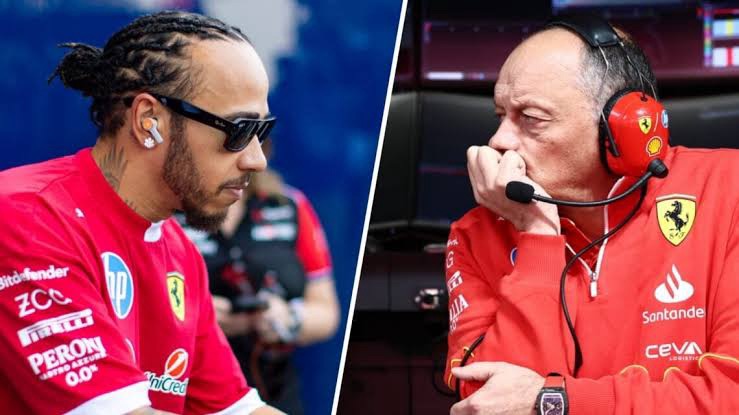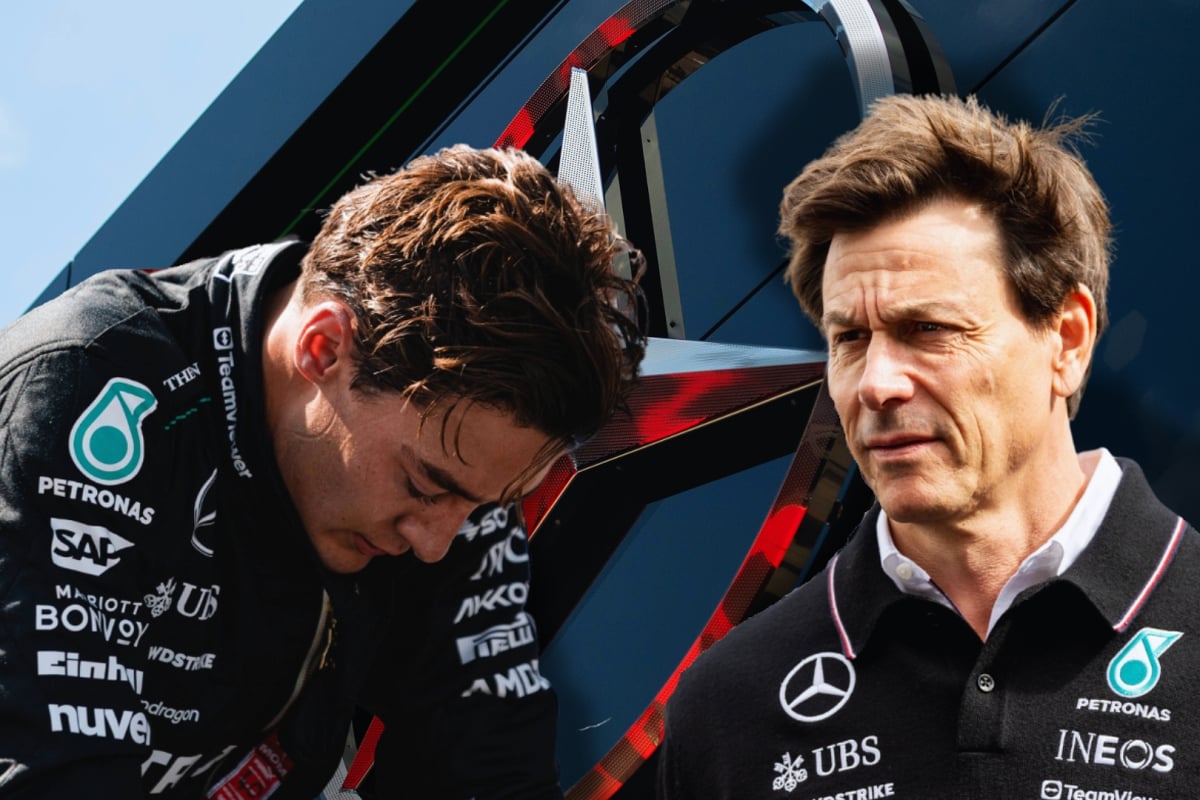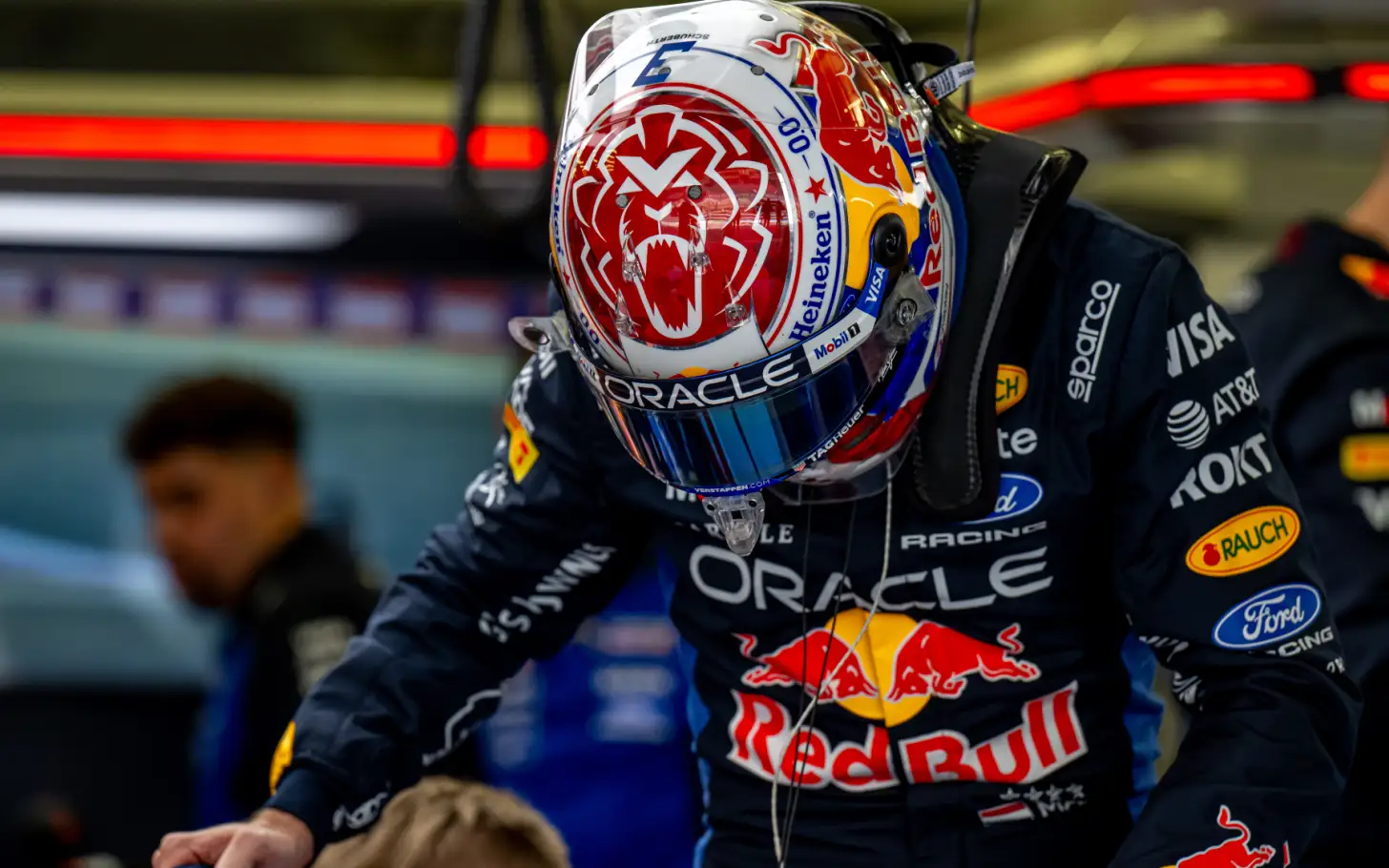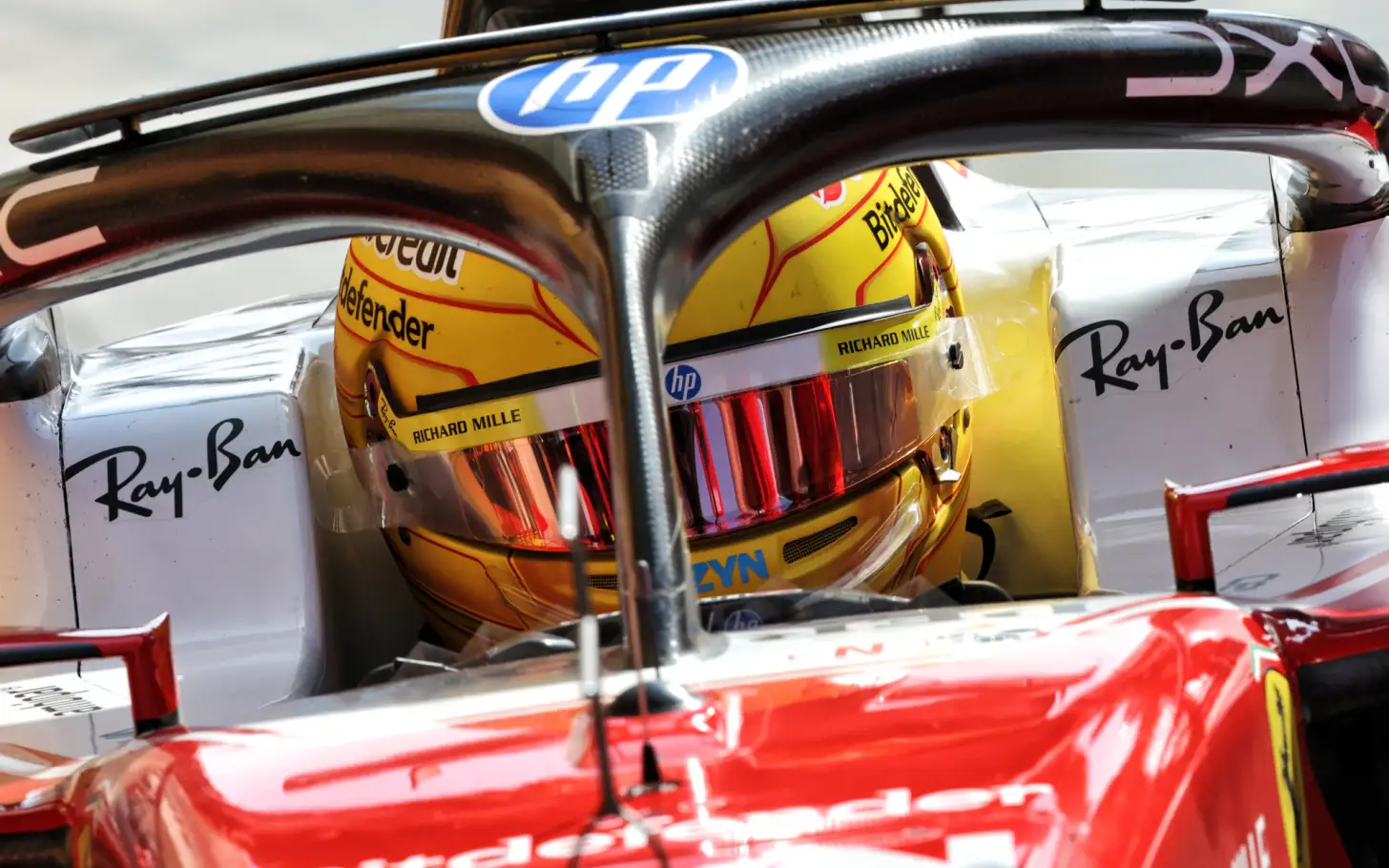FIA Summons Ferrari and Mercedes to Discuss Potential Return of V10 Engines at Bahrain Grand Prix
As the 2025 Formula 1 season kicks off, a major development has emerged ahead of the Bahrain Grand Prix. The FIA has reportedly summoned all four current Formula 1 engine manufacturers — Ferrari, Mercedes, Honda, and Renault — to a pivotal meeting set to take place during the race weekend. The purpose of the gathering is to explore the possibility of reintroducing V10 engines to the sport, powered entirely by sustainable fuels.
According to a report from Autosport, the FIA has formally scheduled the meeting, although the precise details of the agenda remain undisclosed. However, insiders suggest the core topic will be a proposal being considered by FIA President Mohammed Ben Sulayem, who has publicly hinted at a return to the V10 era as part of a push for more excitement in the sport, without compromising its sustainability goals.
Ben Sulayem raised eyebrows recently when he floated the idea of using V10 engines in Formula 1 again — but this time utilizing 100% sustainable fuels. The idea has reportedly been gaining traction behind the scenes, and while nothing is confirmed yet, the FIA appears interested in gauging the manufacturers’ reactions before moving forward with any concrete plans.
The last time V10 engines roared on an F1 grid was in 2005, before the sport shifted to V8s and eventually the current V6 turbo-hybrid engines. While the hybrid era has brought significant technological advancements and environmental gains, many fans have continued to express nostalgia for the thrilling sounds and raw power of the V10s. The FIA’s proposed plan attempts to balance that old-school appeal with modern environmental responsibility by pairing the engines with clean, sustainable fuels.
FIA single-seater director Nikolas Tombazis has also addressed the concept, saying that while no firm decisions have been made, the possibility of reintroducing V10 engines is not off the table. The FIA’s interest in sustainable fuel technology aligns with Formula 1’s long-term commitment to becoming carbon-neutral by 2030.
This potential shake-up, however, comes at a time when the sport is already set for significant changes. New power unit regulations are scheduled to take effect in 2026 and will last until at least the end of the 2030 season. These new rules, which have been years in the making, will maintain the hybrid structure but significantly increase the role of electrical power — boosting it from 120kW to 350kW. In addition, all engines will be required to run on 100% sustainable fuels.
This forward-looking plan has been a major factor in attracting new manufacturers to the sport. Audi, for example, is set to join Formula 1 as an engine supplier in 2026. They’ve already committed substantial resources toward developing their power unit in accordance with the incoming hybrid-heavy regulations. In fact, Audi has cited the sustainability-driven 2026 rules as one of the main reasons behind their decision to enter F1.
Audi is reportedly concerned that a sudden pivot to V10 engines — especially before the 2030 season concludes — would undermine the investments and strategies currently being developed. Other manufacturers like Ford, which is partnering with Red Bull Powertrains for the 2026 season, could also be affected by such a dramatic shift. Ford is returning to the sport after years away, drawn in part by the technological and sustainable direction Formula 1 is taking. Meanwhile, General Motors has plans to enter the sport in 2028 with its Cadillac-branded team, which will become the 11th outfit on the grid.
Given these dynamics, the idea of introducing sustainable V10 engines even before the end of the 2026–2030 regulation cycle could create significant friction between existing plans and future ambitions. Manufacturers like Audi and Ford may resist any move that disrupts the competitive and technological balance they’ve committed to for the next five years.
Still, the FIA appears to be testing the waters. The meeting in Bahrain will be an important opportunity for top officials and manufacturers to share views, outline concerns, and potentially shape the next chapter of Formula 1’s power unit philosophy. If a shift to V10s powered by green fuels is to happen, it’s likely to come into play after the current regulations expire — possibly from 2031 onwards.
For now, this discussion marks a critical moment in Formula 1’s evolution: balancing the sport’s storied past with its high-tech, sustainable future. Whether the thrilling sound of a V10 engine will return to F1 circuits remains to be seen, but the conversation is officially underway.



